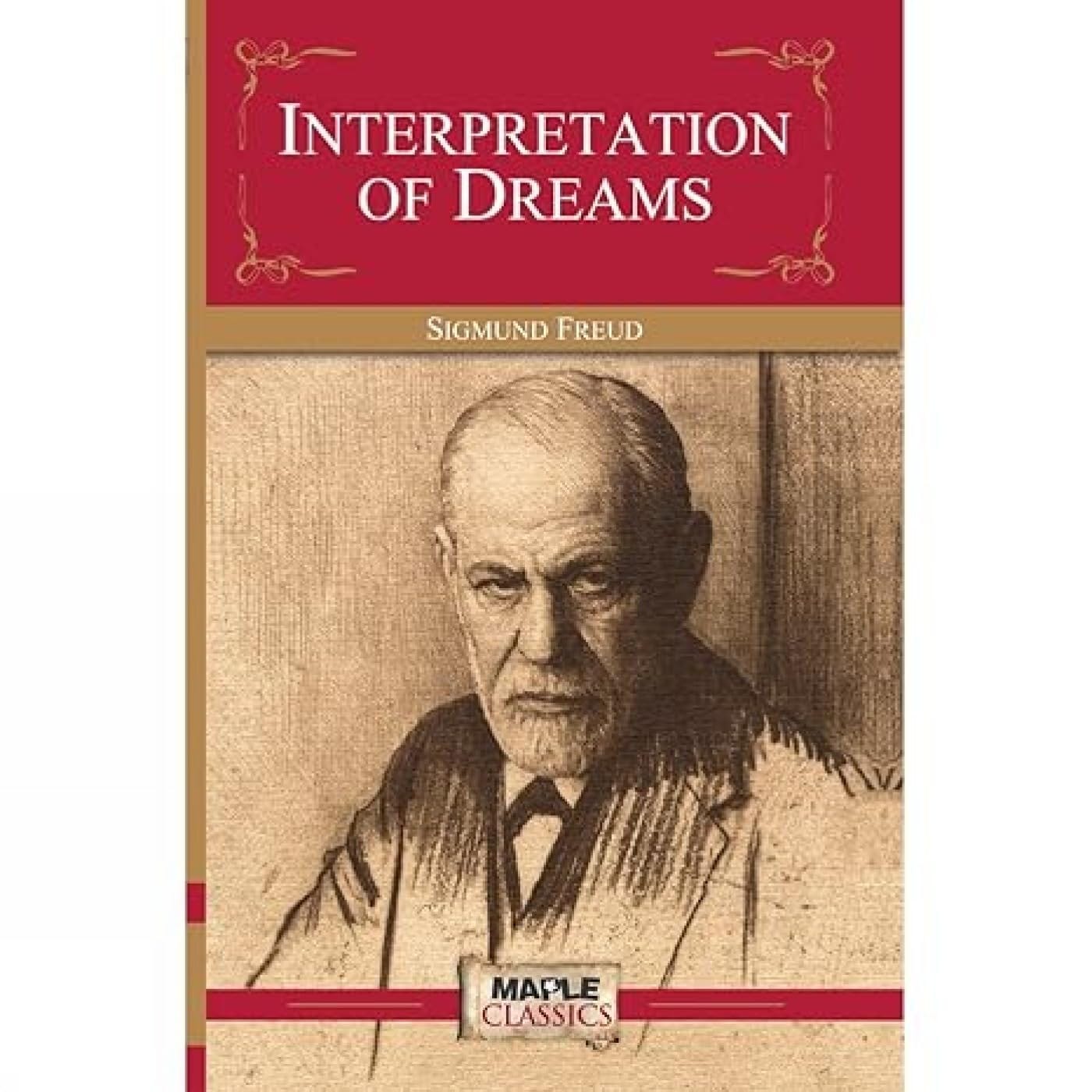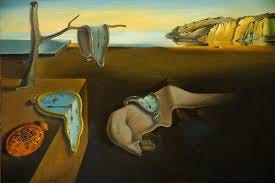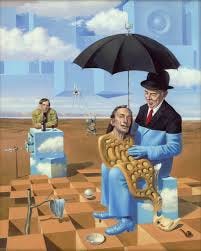“The dream is the small hidden door in the deepest and most intimate sanctum of the soul, which opens into that primeval cosmic night that was soul long before there was conscious ego.” ~ Carl Jung
Have you ever tried to notice your dreams and where they come from?
At first, this might look like a crazy idea; who would believe that dreams are something of great significance?
They look nothing more than just pure random events happening to us every night, and if we are blessed, we can recall maybe a few of those events, try to ponder upon them, and throw them back into nothingness where they seem to come from.
Most people live with the simple idea that dreams are purely random and tell nothing about themselves. This was the prominent notion of scientists before the WW1.
Before this period, very few people actually believed in the importance of dreams, except for some people who were deep into mythology or cultures where dreams were deemed to be important.
But after WW1, when everything changed, life was not the same anymore, and neither were the people. Mounds of debris felt like crushing weights on the chest, every breath was filled with the smell of intense melancholy, and every memory of the lost one was followed by a long, uninterrupted sigh.
At this point, looking outside was costly, so many people, especially artists, turned inwards, and all of the deeply seated pain found its outlet through their art.
At the same time, Freud published his book on dreams, “The Interpretation of Dreams”, discussing how dreams trace their roots back to our daily life and how you can influence somebody’s dreams by controlling their physical stimuli.
This was a phenomenal discovery for these artists; for them, this book became a map to fish out the memories and emotions hiding in the cold darkness of the unconscious.
All of this gave rise to art like this below:
Most of these paintings came to the artists when they were sleeping or in a half-asleep state. This form of art, of letting your unconscious chaos find an expression through art, is called Surrealism.
This was the first and serious modern plunge of humans into the depths of unconsciousness. But diving deep into your unconscious through dreams is not just for artists; dreams can be used by a person to know their repressed emotions, memories, and fears, so the doors of dreams are open to the general public, too.
Individuation
Most of us are looking for something in the outside world; the objects in which we search for this thing might be different, but beneath all of them is the same desire of union pulsing and finding its way out to the real world. This desire to become whole is the eternal desire of mankind; we want union.
Artists find this in painting, scientists in beating their heads against a complex problem, and athletes in squeezing every drop of sweat out of their shirts.
It seems as if every moment of humanity is just the expression of this inner longing to dissolve into completeness — the complete loss of personality.
Individuation for Jung was also the same; it was about reaching your true self, dissolving into completeness.
But why should we even bother about it, and why does it matter anyway? One of the answers lies in the fact that it’s not just about you, it’s about the whole society, too. If you could not develop into your fullest, you not only risk wasting your potential but also deprive society of the good it would have enjoyed otherwise.
According to Jung, individuation happened in stages. The first stage is outward directed; in this stage, you are more focused on putting your flag in the outside world. Name, money, and fame all matter to you, and you work tirelessly to get these; they are the central part of your life, you are in this stage, and this is what your pursuits are and what you are in the eyes of others.
But for Jung this was a necessary stage because it lays the foundation of our next stage, which is more spiritual and less material.
In this second stage, you sit on a cold bench in the early morning, and ask yourself, taking a deep breath of fresh air in, “Is this all there is to life? Can there be something beyond this? Is life just material?”.
Now you start going more deeply into yourself, you start listening to yourself, other people no longer matter to you because you have already tasted them, life starts to become slow, dreamy like an artist’s painting. Your ambitions crumble like a wooden bridge from an overflowing river.
I would say you have reached just the right place, but there is more to go. I am going myself. You are on the path of becoming whole; it’s a war, and your being is the pure declaration of it.
Dreams, according to Jung, can help you to progress further in the process of individuation. Individuation also happens naturally through life; it’s something that makes a person mature.
But analyzing dreams can help you progress a lot faster in this process. Through the dreams, you can know how your unconscious mind is trying to tell you, and progress further on that route.
Dreams and Unconscious
“Dreams are the royal road to the unconscious” ~ Sigmund Freud
I have been recording my dreams a lot these days, and there are a lot of things that I have come across. Things like Anima encounter through different feminine figures.
Although some people might like to dismiss the case as just peak “teenage fantasy” or just an instance of testosterone-fueled lust, I like to view it as something more symbolic and far-reaching than just mere lust.
Dreams, in my case, have helped me understand what I unconsciously might be looking for in life, which seems to point more in the direction of becoming a whole or dissolving into a vast void of nothingness.
Similarly, dreams provide clues for the dreamer, and the best ones listen to those clues to go deeper into themselves.
You can keep a diary by your bedside to note your dreams. While dreaming, try to note as many details as you can in order to remember them vividly. There will be times when you won’t remember anything about your dreams; even then, you must note in your diary that you had no dreams.
After waking up you will have a decent landscape of what your unconscious is trying to tell you.





did anyone in eastern philosophy write anything about dreams? curious.